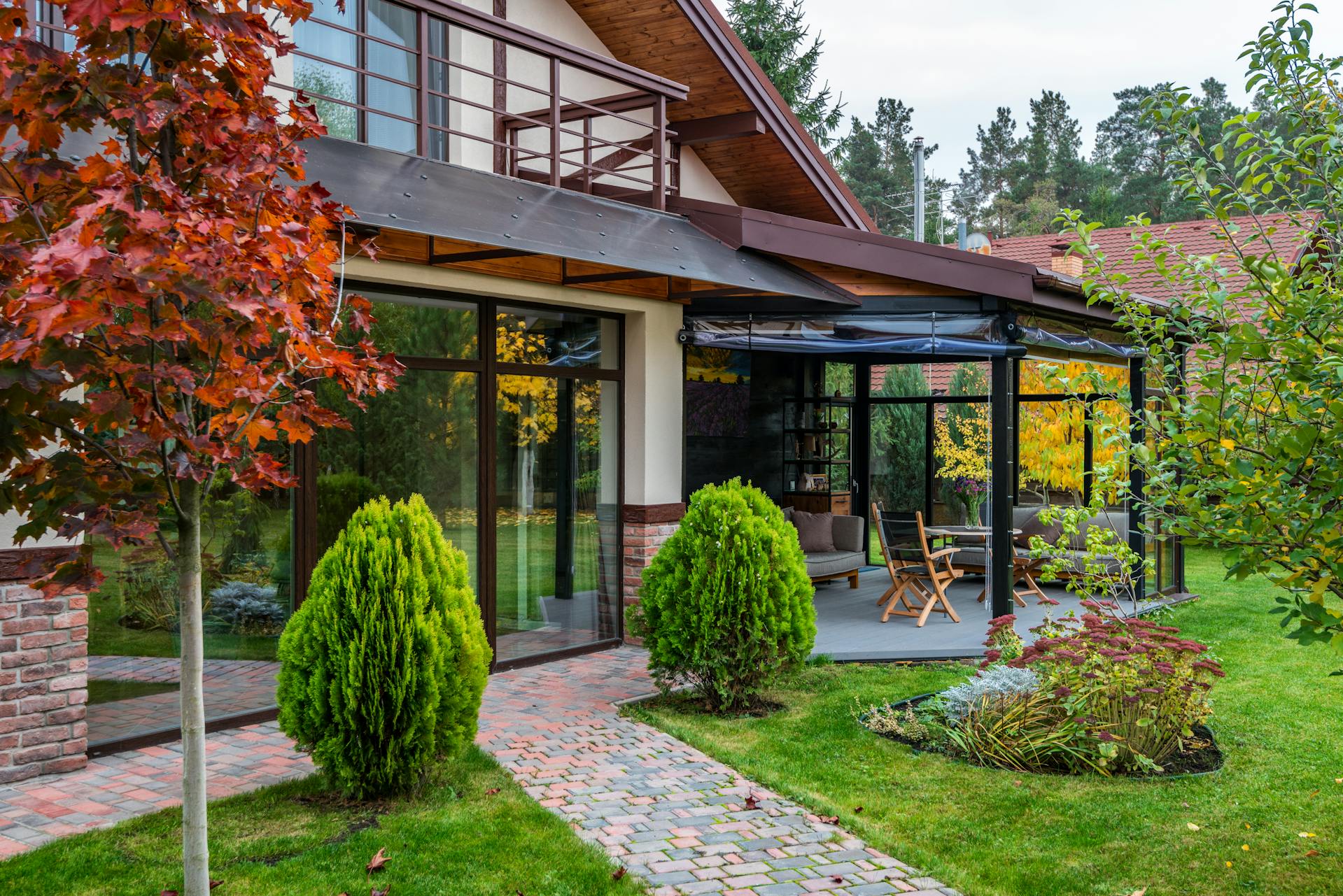

Question: Do I Pay Tax If I Sell My House And Don’t Buy Another?
Answer: In Canada, if you sell your primary residence and don’t buy another, you generally won’t have to pay tax on any capital gains from the sale, as the primary residence is exempt from capital gains tax. However, if the property wasn’t your primary residence or if you have other properties, different tax rules may apply.
Do I Pay Tax if I Sell My House and Don’t Buy Another? Understanding Capital Gains Tax Implications
Selling a property can be a significant financial event and understanding the tax implications is important. One of the primary concerns for homeowners is whether they will owe capital gains tax when they sell their home. In most cases, the answer depends on whether the property was your principal residence throughout the ownership period.
Principal Residence Exemption: The good news for homeowners is that Canada’s tax system offers a principal residence exemption. This exemption shields any capital gains earned on the sale of your principal residence from taxation. Simply put, if the property you sold was your primary home, you generally won’t pay capital gains tax on the profit from the sale. [ 1 ]
There are, however, some exceptions to the principal residence exemption.
Exceptions to the Principal Residence Exemption
While the principal residence exemption offers significant tax relief, it’s important to be aware of situations where it may not apply. Here are some exceptions to consider:
-
Partial Use for Rental Purposes:
If you used a portion of your residence for rental purposes, such as a basement apartment, the exemption may only apply to the portion you occupied as your primary residence. The capital gain on the portion used for rental income may be subject to taxation. -
Frequent Changes in Principal Residence:
The Canada Revenue Agency (CRA) may scrutinize frequent changes in principal residence claims. If you sell your primary residence frequently, the CRA may question whether you truly occupied each property as your principal residence. -
Absence from the Property:
Extended periods of absence from the property could raise questions about its status as your principal residence. For example, if you take a job assignment abroad and leave your home vacant for several years, the CRA may disallow the exemption.
If you’re unsure whether your situation qualifies for the principal residence exemption, consulting with a tax professional is recommended.
Click here to learn more about how to check the market value of a house in Alliston
Related Article: Who Pays Closing Costs in Canada?
Qualifying for the Principal Residence Exemption
To qualify for the principal residence exemption, the property must have been your principal residence at some point during the ownership period. Here’s a breakdown of what this means:
-
Principal Residence Definition:
The CRA defines a principal residence as the property you ordinarily live in and consider your home. It can be a house, apartment, condominium, or even a mobile home. -
Ownership Period:
The principal residence exemption applies to the entire ownership period, not just the time you lived in the property as your primary residence. For example, if you owned a rental property for several years and then converted it to your principal residence for two years before selling it, the exemption would likely apply to the entire ownership period.
Even if your sale qualifies for the principal residence exemption, understanding capital gains calculations can be helpful.
Capital Gains Calculations (For Reference Only)
While the principal residence exemption eliminates capital gains tax for most homeowners, understanding capital gains calculations can be informative. Here’s a simplified overview:
-
Capital Gain Calculation:
A capital gain refers to the profit earned on the sale of a capital asset, such as a property. To calculate the capital gain, you subtract the original purchase price of the property (including any closing costs) from the selling price (minus selling costs like real estate commissions). -
Capital Gains Tax Rate:
If your property sale doesn’t qualify for the principal residence exemption, only half of the capital gain is typically included in your income for tax purposes. This reduces the overall capital gains tax burden.
It’s important to remember that this is a simplified explanation, and tax laws can be complex.
Seeking Professional Tax Advice
Tax laws can be intricate, and there may be specific circumstances that affect your eligibility for the principal residence exemption or the calculation of capital gains tax. If you have any doubts about your situation, consulting with a qualified tax professional is highly recommended. They can provide personalized advice based on your unique circumstances and ensure you are filing your taxes correctly.
For more information please visit jenjewell.ca
Conclusion: Informed Decisions for Tax-Efficient Selling
Understanding the implications of capital gains tax when selling your home is essential for informed decision-making. By familiarizing yourself with the principal residence exemption and its exceptions, you can navigate the sale with greater confidence. Seeking professional tax advice can provide valuable guidance and ensure you take advantage of all available tax benefits when selling your property.
References
1. https://www.canada.ca/en/revenue-agency/services/tax/individuals/topics/about-your-tax-return/tax-return/completing-a-tax-return/personal-income/line-12700-capital-gains/principal-residence-other-real-estate/sale-your-principal-residence.html


